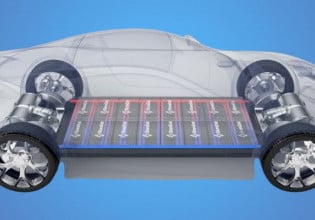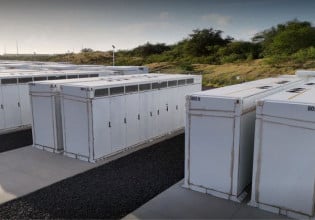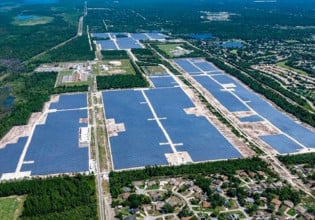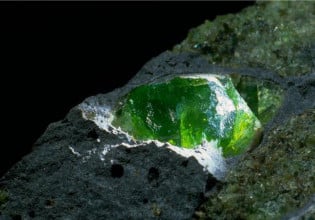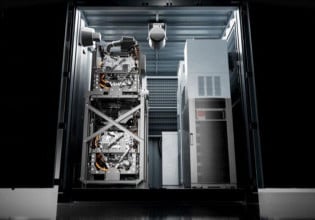NanoHorizons Signs Exclusive Licensing Agreement With Solarity for Solar Cell Technology
NanoHorizons™ Inc. announced an agreement with Solarity, a newly-formed developer and manufacturer of photovoltaic cells, for the exclusive use of NanoHorizons' patented solar cell technology. The specific terms of the agreement were not disclosed. The agreement furthers NanoHorizons' goal of creating shareholder value by developing nanoscale-engineered solutions to real-world challenges.
According to the company, solar-generated electrical power using today's photovoltaics costs 4 to 10 times more than conventional power generation because today's solar cells are too expensive to broadly deploy. This is due in great part to the commonly-used layered structure of today's solar cells, which can only absorb and collect a relatively small amount of the solar energy received. The licensed technology's device design utilizes a nanoscale-engineered structure to perform both absorption and collection. This breakthrough enables photovoltaic device builders to use an optimally thick layer of absorption material while simultaneously requiring a collection distance of only tens of nanometers vs. tens of microns in today's best two-layer cells. This innovation eliminates the impact of absorption layer thickness on collection distance, a fundamental limitation in photovoltaic device design.
"Solar energy development has been held up by barriers inherent in cell design. These barriers have now been broken," said Stephen Fonash, PhD., founder of NanoHorizons and co-inventor of the patented technology. "Our nanoscale approach enables collection lengths as small as a few tens of nanometers, opening the door to the use of inexpensive materials and fabrication processes, while simultaneously enabling a truly optimized absorption length. This technology is poised to greatly stimulate growth in the solar energy market."
Solarity's CEO Doug Neidich notes that, "Current solar cell designs involve expensive manufacturing processes, making photovoltaics undesirable in many of today's markets. Our nanotechnology-based approach offers terrific potential in manufacturing higher-efficiency cells using less expensive materials and high-throughput production lines."
Solarity currently plans to produce test products within 18-24 months.


